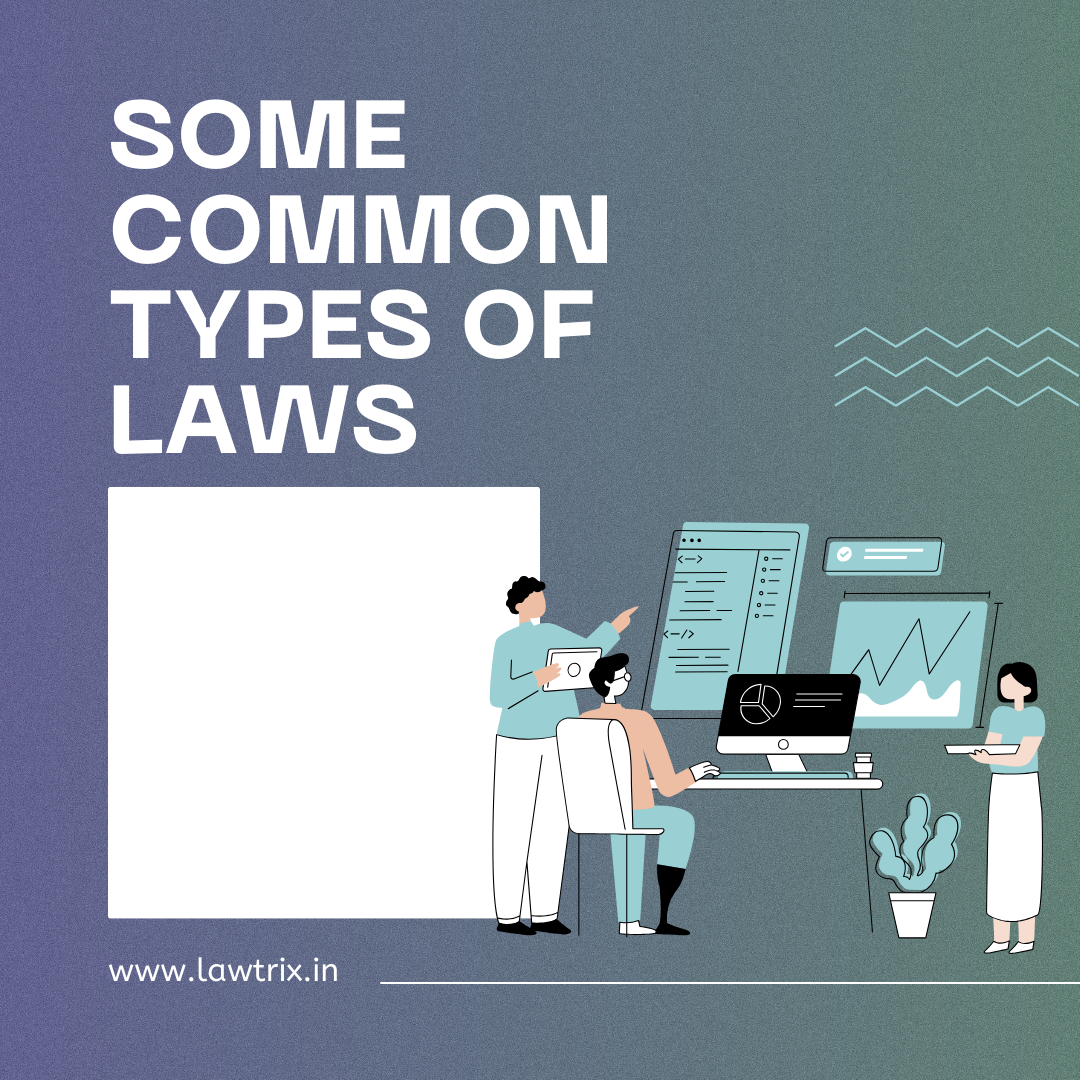


Law is a set of rules that are created and are enforceable by social or governmental institutions to regulate behavior, with its precise definition a matter of longstanding debate. It has been variously described as a science and as the art of justice. State-enforced laws can be made by a group legislature or by a single legislator, resulting in statutes; by the executive through decrees and regulations; or established by judges through precedent, usually in common law jurisdictions. Private individuals may create legally binding contracts, including arbitration agreements that adopt alternative ways of resolving disputes to standard court litigation. The creation of laws themselves may be influenced by a constitution, written or tacit, and the rights encoded therein. The law shapes politics, economics, history and society in various ways and also serves as a mediator of relations between people. Laws can be categorized into various types based on their sources, purposes, and jurisdictions. Here are some common types of laws:
Constitutional Law: Constitutional law refers to the body of law that governs the interpretation and implementation of a country's constitution. It establishes the framework of government, defines the powers and responsibilities of different branches of government, and protects fundamental rights and freedoms.
Statutory Law: Statutory law, also known as legislation, encompasses laws enacted by a legislative body, such as a parliament, congress, or state legislature. These laws are written and codified and cover a wide range of subjects, including criminal law, civil law, taxation, and administrative regulations.
Common Law: Common law is a legal system derived from judicial decisions and precedents established by courts through their rulings. It is based on case law and principles developed over time by judges' interpretations of statutes, regulations, and previous court decisions. Common law systems are prevalent in countries such as the United Kingdom, the United States, and Canada.
Criminal Law: Criminal law governs conduct that is considered harmful to society and imposes penalties, such as imprisonment, fines, or probation, for violations. It defines crimes, establishes criminal procedures, and outlines the rights of defendants and victims. Examples of criminal offenses include murder, theft, assault, and fraud.
Civil Law: Civil law deals with disputes between individuals, organizations, or entities and seeks to provide remedies, such as compensation or injunctions, for harm or injury suffered by one party due to the actions of another. It encompasses areas such as contracts, property, torts, family law, and employment law.
Administrative Law: Administrative law governs the activities of administrative agencies and regulates their interactions with citizens, businesses, and other government entities. It includes rules and regulations issued by administrative agencies, as well as judicial review of agency decisions.
International Law: International law consists of rules and principles that govern relations between states, international organizations, and individuals across national borders. It encompasses treaties, conventions, customary practices, and the decisions of international courts and tribunals. International law addresses issues such as human rights, diplomatic relations, trade, and armed conflict.
Labor Law: Labor law, also known as employment law, regulates the rights and responsibilities of workers and employers in the workplace. It covers areas such as employment contracts, wages, working conditions, discrimination, and collective bargaining.
Family Law: Family law governs legal matters related to family relationships, including marriage, divorce, adoption, child custody, paternity, and domestic violence. It establishes the rights and obligations of family members and seeks to protect the interests of children and vulnerable individuals.
Environmental Law: Environmental law regulates human activities that impact the natural environment and seeks to protect air, water, land, and wildlife. It addresses issues such as pollution control, waste management, conservation, environmental impact assessments, and sustainable development.
Tax Law: Tax law governs the imposition and collection of taxes by governments on individuals, businesses, and other entities. It includes regulations related to income taxes, corporate taxes, sales taxes, property taxes, and international taxation. Tax laws determine how taxes are assessed, calculated, and paid.
Intellectual Property Law: Intellectual property law protects creations of the human mind, such as inventions, artistic works, trademarks, and trade secrets. It includes patent law, copyright law, trademark law, and trade secret law, which grant exclusive rights to creators and owners of intellectual property.
Human Rights Law: Human rights law encompasses international and domestic laws that protect and promote fundamental rights and freedoms inherent to all individuals, regardless of nationality, ethnicity, gender, religion, or other characteristics. It includes the Universal Declaration of Human Rights, international human rights treaties, and domestic human rights legislation.
Health Law: Health law regulates the healthcare industry and addresses legal issues related to medical practice, patient rights, healthcare delivery, public health, and bioethics. It includes laws governing healthcare providers, health insurance, medical malpractice, patient privacy, and access to healthcare services.
Commercial Law: Commercial law, also known as business law or corporate law, regulates commercial transactions and business activities. It encompasses contract law, corporate governance, commercial contracts, mergers and acquisitions, bankruptcy, and consumer protection.
Cyber
Law:
Cyber law, or internet law, deals with legal issues related to the internet,
digital technologies, and electronic commerce. It covers areas such as online
privacy, cybersecurity, data protection, electronic transactions, intellectual
property infringement, and cybercrimes.